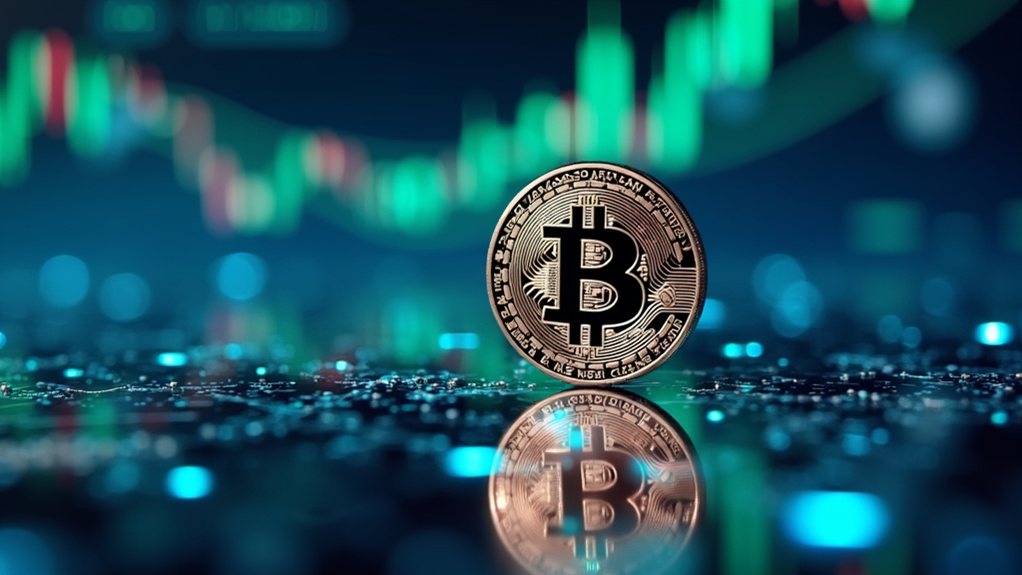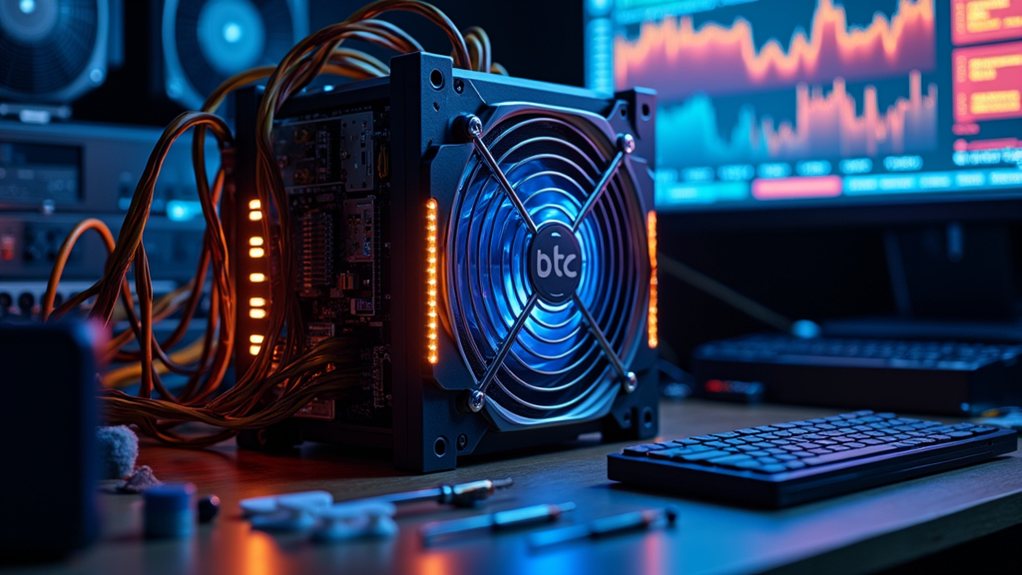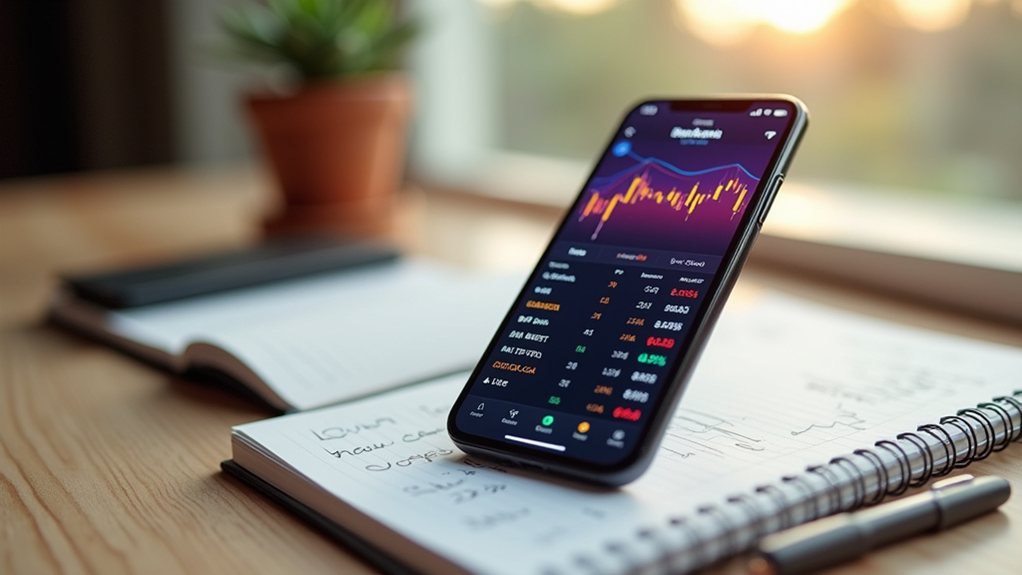BNB stands for "Build and Build" in cryptocurrency today, though it originally meant "Binance Coin" when launched in 2017. It's the native token of Binance ecosystem, powering both BNB Chain and BNB Smart Chain. Investors use it for trading fee discounts, payments, staking, and governance voting. With a 200 million token cap and regular burns, BNB maintains its spot among the top five cryptos. The ecosystem keeps expanding.

In the constantly evolving world of cryptocurrency, acronyms come and go faster than most people can keep track. BNB is one that's stuck around. Originally short for "Binance Coin," BNB now officially stands for "Build and Build," reflecting its expanded role beyond just being a discount token for a single exchange. The rebrand wasn't just cosmetic. It signaled Binance's ambitions to create an entire ecosystem rather than just another crypto token.
BNB emerged in 2017 as Binance's native cryptocurrency. It started life as an ERC-20 token running on Ethereum—like pretty much every other token back then. Nothing special, really. But in 2019, everything changed. BNB migrated to its own blockchain, shedding its Ethereum roots and establishing independence. Smart move. This shift marked the beginning of BNB's evolution from simple exchange token to ecosystem cornerstone. During its initial coin offering in June-July 2017, exactly 50% of total supply was made available to the public.
From humble ERC-20 beginnings to blockchain independence—BNB's 2019 migration wasn't just a technical update, but a strategic rebirth.
The token's functionality goes way beyond its humble beginnings. Sure, it still gives you discounts on Binance trading fees—that's the perk most people know about. But there's more. Much more. It powers Binance DEX, enables participation in token sales on Binance Launchpad, and facilitates cross-chain asset transfers. Not just a pretty face in the crypto world.
BNB serves as the native asset of BNB Chain (formerly Binance Chain) and supports BNB Smart Chain for smart contracts and decentralized applications. The network uses something called Proof of Staked Authority consensus. Sounds fancy, right? In plain English, it means the system can handle up to 300 transactions per second while maintaining compatibility with Ethereum's virtual machine. Fast and familiar. A winning combination.
People use BNB for everything these days. Trading fee reductions, obviously. But also payments for goods and services, staking for rewards, governance voting, and fueling DApps on BNB Smart Chain. It's become a digital utility knife. BNB stands out as just one example of how blockchain technology has enabled developers to create specialized cryptocurrencies that serve unique purposes within the digital economy. The current live price of BNB hovers around $577.3 USD, making it one of the more valuable cryptocurrencies in the market.
The tokenomics are interesting too. BNB has a hard cap of 200 million tokens. No more will ever be created. Period. Binance regularly burns tokens, reducing the circulating supply over time. This deflationary model potentially increases scarcity and ties token value to the growth of Binance's ecosystem. Basic supply and demand economics.
BNB consistently ranks among the top five cryptocurrencies by market capitalization. Not too shabby for what started as an exchange token. It boasts high trading volume, exceptional liquidity, and widespread support across major exchanges. As Binance continues expanding its product offerings, BNB remains central to its strategy, competing directly with other exchange tokens and smart contract platforms. Love it or hate it, BNB isn't going anywhere.
Frequently Asked Questions
How Volatile Is BNB Compared to Bitcoin?
BNB historically shows higher volatility than Bitcoin. Data confirms it—BNB's 30-day volatility sits at 3.76% versus Bitcoin's 2.87%.
Why? BNB's smaller market cap makes it more sensitive to market shifts. Its price also reacts sharply to Binance exchange news and regulatory developments.
Bitcoin, with its massive liquidity, provides more stability (relatively speaking). During bull runs, BNB's swings are wilder.
During bears? Still choppy, but less dramatic than its bigger brother.
Can BNB Be Staked for Passive Income?
Yes, BNB can absolutely be staked for passive income. Returns typically range from 1.2-5% APY, paid in additional BNB tokens.
Staking options vary – centralized exchanges offer simplicity, while DeFi platforms provide higher yields with more complexity. Most require minimum stakes around 1 BNB with 7-14 day lockup periods.
Not risk-free though. Market volatility affects underlying value, and delegating to validators carries slashing risk if they misbehave.
What Are the Risks of Investing in BNB?
Investing in BNB comes with serious baggage.
Market volatility is off the charts—over 3.6 times more volatile than the Dow Jones. Really.
Regulatory threats loom everywhere, with the SEC lawsuit being just one headache.
Security? Not great. Binance lost $570 million in a 2022 hack.
Then there's the centralization problem. Binance calls all the shots, which isn't exactly the crypto dream.
High risk, high reward—or total disaster.
How Does BNB Burning Affect Its Long-Term Value?
BNB burning systematically reduces the token's supply toward the 100 million target.
Simple economics. Less supply + same demand = higher prices.
The quarterly burns create deflationary pressure, potentially boosting long-term value. No guarantees though. Market still dictates price.
Burns signal Binance's commitment to tokenomics, building investor confidence.
The real-time BEP-95 mechanism adds another layer of continuous supply reduction.
Smart move.
Is BNB Available on All Major Cryptocurrency Exchanges?
BNB is available on most major exchanges, but not all.
It's prominently listed on giants like Binance (obviously), Coinbase, Kraken, KuCoin, and Huobi Global.
Some US-regulated platforms offer limited access, with Binance.US providing restricted trading options for American users.
Certain countries ban BNB trading altogether due to regulations.
Worth noting: wrapped BNB and pegged tokens exist on various blockchains, expanding its reach beyond traditional exchanges.








